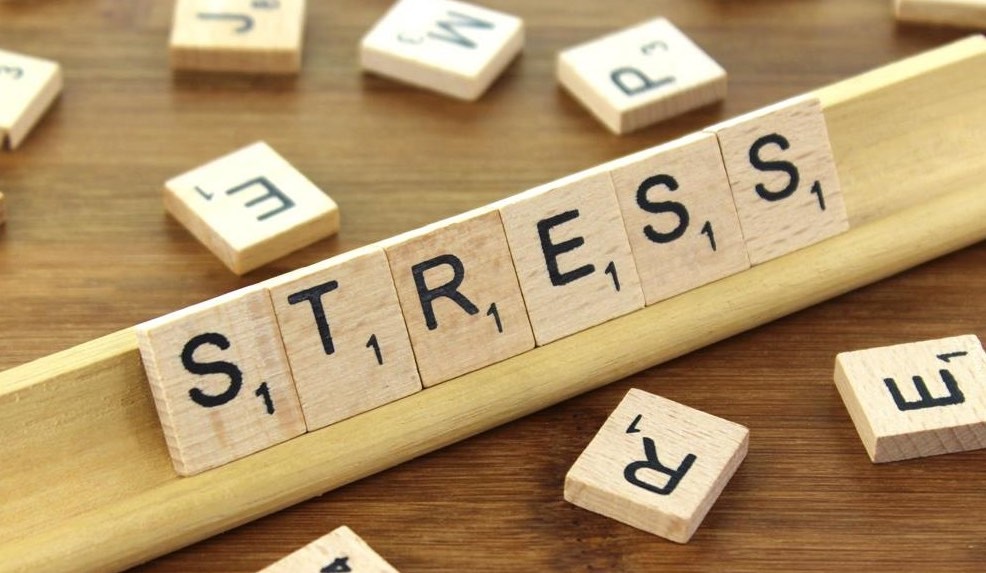
It is common to hear people say things like, “I can’t wait for 2022 to end with all its stress and trouble”, or “2022 was so stressful! 2023, please be kind”. Comments like these give one the impression that all our stress ends when the year ends. But experience has also shown that this is anything but true. Our stress does not disappear just because the year is ending. What we can change, however, is our response to activities and feelings so that we can limit stress, and what we can control is our reaction to stress.
How do we educate or counsel patients who complain about mental and emotional stress? How do we advise them and how do we deal with stress ourselves?
First, What is Stress?
The World Health Organisation (WHO) defines stress as “any change that causes physical, emotional or psychological strain; it is the body’s response to anything that requires attention or action”. Since this is the case, it stands to reason that everyone will experience a degree of stress at some point in their lives. However, not everyone reacts to stress the same way.
Most times, mental or emotional stress occurs because of past activities that we can’t get over or future activities that we fear or are uncertain of. These are normal, causing momentary physical, emotional or psychological strains. However, it becomes a problem if we get “hooked” by these thoughts and can’t move on. When these thoughts hook us, we become trapped by them and get pulled away from our values and sense of purpose.
One clear feature when hooked by these thoughts or feelings is that you become disengaged, distracted and unfocused. In this state, it becomes difficult to enjoy activities, and you feel a general sense of dissatisfaction. Unhooking involves refocusing and making a conscious effort to engage in what you are doing. However, it is not always easy to just “engage”, and when it becomes difficult to, we must learn to “ground ourselves”
So, How Do You Stay Grounded?
The first step is to identify when feelings, thoughts or activities have taken hold, and then, recognise the need to unhook and ground yourself. There are many useful grounding exercises, which include:
- Take ten slow breaths. Focus your attention on each breath.
- Stretch
- Stamp your feet and notice the sensation and sound as you connect with the ground
- Put on a piece of instrumental music. Give it all of your attention.
- Sip a cup of cold water
And so on. You can learn more about grounding exercises.
The next step is to refocus; to be in tune with your physical environment. Pay attention to sights, sounds and people around you and focus on them. Touch and feel objects like the chair you are sitting on or the pen in your hand, and listen more closely to what people around you are saying.
Stress is inevitable; it is what you do when stressed that matters. There is always the tendency to let unproductive thoughts and feelings cause you to lose your sense of self or purpose. In many cases, we are just too weak to fight these feelings; sometimes, we wallow in them by isolating ourselves, avoiding people or indulging in unsafe behaviour like alcoholism or drug addiction.
Grounding and unhooking exercises help manage stress better. Identify and name these feelings, then proceed to ground yourself and unhook from them.
Physician, heal thyself – Take a closer look inward in 2023
As a healthcare provider, you are invested in the health of others, keeping track and monitoring their numbers (blood pressure, blood sugar, etc.), but who is tracking yours? How are you prioritising your health? Maybe the question should be: Are you prioritising your physical, mental and emotional health?
Dear healthcare provider, your health matters too. Never be too busy to get help when you need to.
Happy New Year!
Reference
Doing what matters in times of stress: An illustrated guide. Geneva: World Health Organisation; 2020. Licence: CC BY-NC-SA 3.0 IGO.










